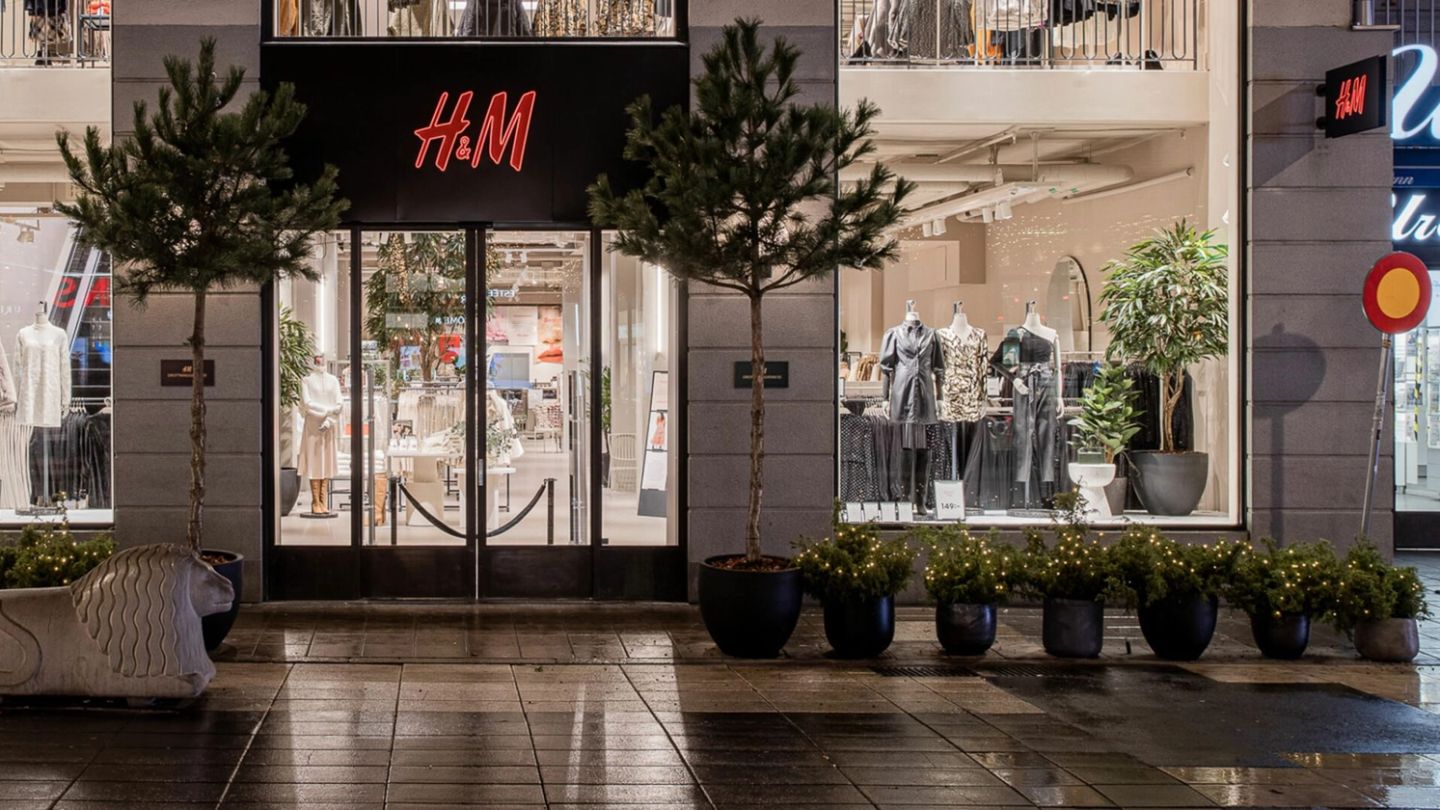
Business -- 18 days ago

The coronavirus pandemic has been unkind to the British high street. In July, pubs reopened, only to have their opening hours capped at 10pm in September. In August, cinemas reopened. Then, last week, global chain Cineworld announced it would close all of its US and UK locations. Also last week, the world’s second biggest fashion retailer, H&M, announced it will close 250 stores globally.
Discover the perks of being a member
| Clubhouse Membership | |
|---|---|
| Two Magazines per yearDelivered to your door | |
| Full Access to Paywall contentAccess to all member-only online features | |
| Membership Cardto redeem all the perks. | |
| Members Invites to Exclusive Eventsto private Clubhouse events | |
| Weekly newsletter Straight to your inbox | |
To receive the latest in style, watches, cars and luxury news, plus receive great offers from the world’s greatest brands every Friday.
